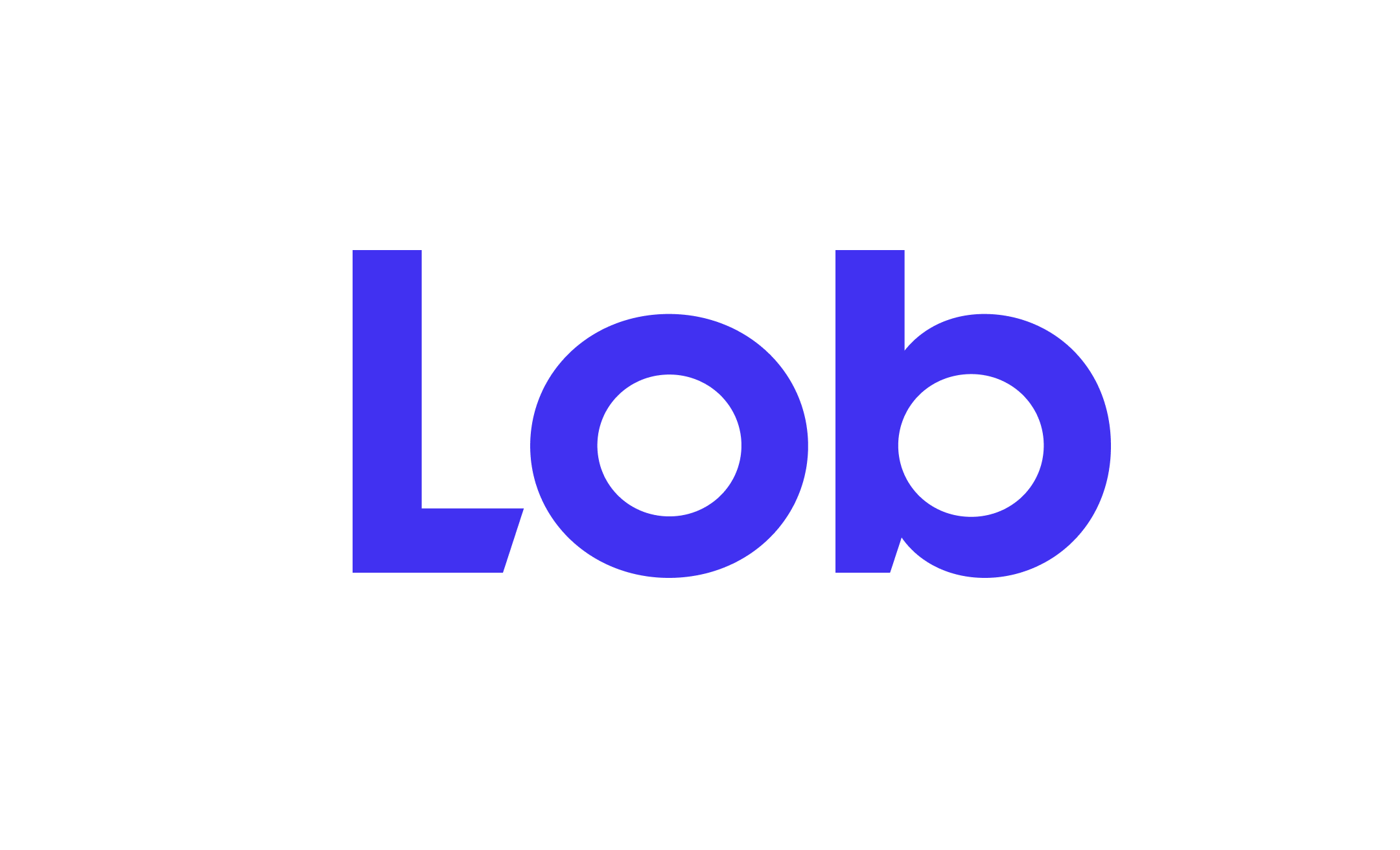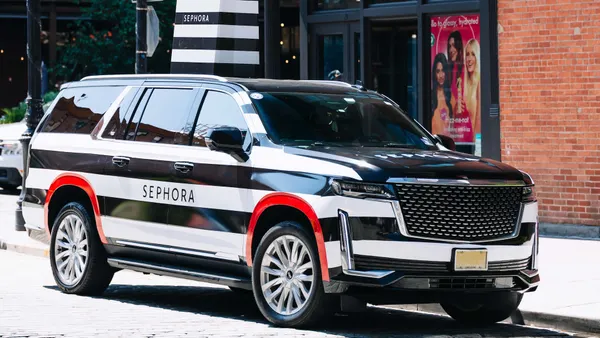Brief:
- Google this week acquired smart glasses maker North to expand its hardware development and what the search giant calls "ambient computing," according to an announcement. As part of the deal, North will end support for the first version of its Focals smart glasses and won't ship an updated version, the startup announced in a separate post.
- Google and North didn't disclose financial terms of the deal, which was said to be valued at $180 million, the Global and Mail reported, citing people familiar with matter. North's team will join Google's operations in Kitchener, Ontario, where the startup was founded as Thalmic Labs in 2012.
- Before switching to develop the Focals glasses, North had worked on a device called Myo that turned neuro-muscular impulses into signals that computers could understand, per its announcement.
Insight:
Google's acquisition of North may affect mobile marketers in the longer term if the search giant develops the startup's technology into wearable devices that let people see information about their surroundings. North's Focals smart glasses use a laser to project holographic images onto its right lens, letting wearers use apps for messaging, email, navigation, weather information and speaking to Amazon Alexa, as demonstrated in a review by The Verge. That flexibility opens another communication channel between marketers and consumers through mobile devices.
It's not clear when Google will release the next wearable product that uses North's technology, though it's possible the search giant may have something ready by the next Consumer Electronics Show (CES). The yearly showcase of new technology is scheduled for January as a smaller in-person event because of travel restrictions during the coronavirus pandemic.
The health crisis has significantly disrupted the supply chain for consumer electronics, including makers of augmented reality (AR) and virtual reality (VR) headsets. The AR/VR headset market declined by 38% in Q1 from a year earlier, and was forecast to drop 44% in Q2 because of pandemic lockdowns and unemployment that negatively affect consumer spending, researcher International Data Corp. (IDC) found.
Google's acquisition of North indicates the company sees potential in the consumer market for wearable devices such as smart glasses. Google made waves in 2013 with the introduction of Google Glass, its smart glasses that didn't gain much traction among consumers. Google ended its Glass Explorer program in 2015 and later relaunched the product as Glass Enterprise Edition for workplace usage. By adding North's products to its lineup, Google can re-enter the market with a lower-priced device targeting consumers.
Google is among the companies developing wearable devices to supplement or even replace smartphones as the technology improves. Rival Apple is working on AR projects that have evolved amid internal differences among its engineering and design teams, Bloomberg reported. The latest reports indicate that Apple plans to announce its first headset as early as next year for release in 2022, followed by AR glasses in 2023. Amazon, an investor in North, last year introduced its Echo Frames that work with voice commands, The Verge reported. Facebook not only has a significant presence in VR headsets with its Oculus brand, but also is working on AR glasses after forming a partnership with microLED display designer Plessey, ZDNet reported.











